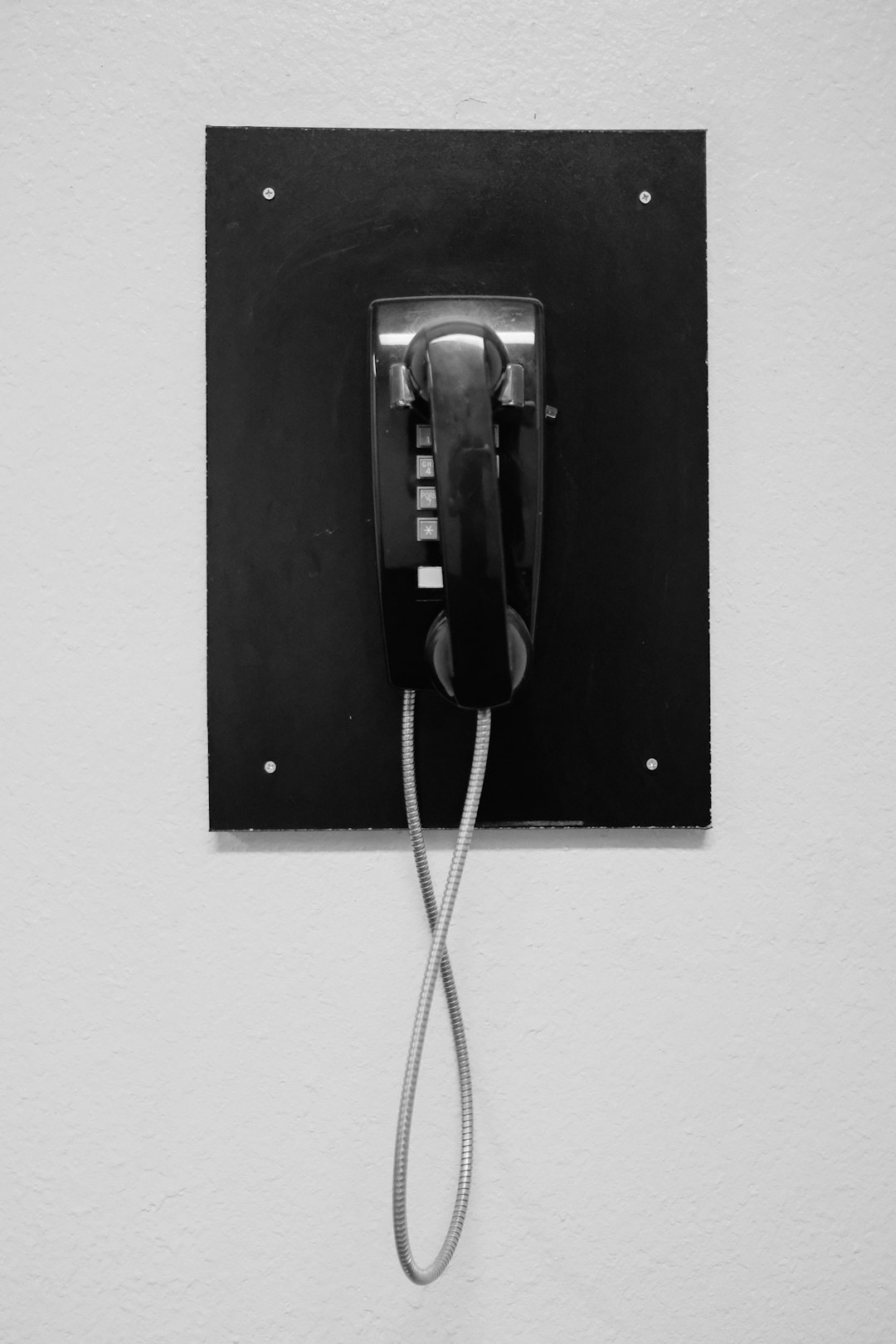Autodialer technologies have revolutionized business communications, especially in marketing, customer service, and appointment setting. In Connecticut, where consumer privacy and data protection are paramount, autodialer lawyers play a critical role in guiding companies to comply with regulations like the Telephone Consumer Protection Act (TCPA). These legal professionals promote transparency, enhancing trust between businesses, consumers, and their autodialer lawyers, ensuring ethical communication practices that align with modern audience expectations. Engaging these lawyers is recommended to navigate complex legalities, foster ethical communication, build consumer trust, and maintain business integrity in Connecticut's heavily regulated environment.
In the digital age, autodialer technologies have become ubiquitous, revolutionizing how businesses connect with consumers. However, their prevalence raises critical questions about transparency in communication. This article explores the importance of transparency in autodialer interactions, delving into its role in building trust and exploring legal implications for autodialer lawyers in Connecticut. By understanding these dynamics, businesses can navigate regulations effectively while fostering positive consumer relationships.
Understanding Autodialer Technologies and Their Prevalence

Autodialer technologies have become ubiquitous in modern communication, revolutionizing how businesses and organizations reach their audiences. An autodialer is a software system that automatically dials phone numbers, enabling bulk messaging and voice calls on a large scale. This technology is widely used in marketing campaigns, customer service, appointment setting, and more. In today’s digital era, where consumers are increasingly mindful of privacy and data protection, understanding the role of transparency in autodialer communications becomes paramount.
For Connecticut-based businesses, especially those with legal teams focusing on consumer rights, it’s crucial to recognize the impact of transparent practices. Autodialer lawyers in Connecticut play a vital role in ensuring that companies adhere to regulations like the Telephone Consumer Protection Act (TCPA). By promoting transparency, these professionals help maintain trust between businesses and consumers, fostering ethical communication practices that resonate with modern audiences.
The Role of Transparency in Building Trust with Consumers

Transparency plays a pivotal role in fostering trust between businesses and their consumers, especially in the context of autodialer communications. When it comes to autodialer lawyers in Connecticut or any other state, transparency becomes an even more critical aspect. Consumers are increasingly conscious of privacy issues and how their personal information is used by automated systems. By being transparent about data collection practices, call purposes, and frequency, businesses can ensure that customers feel informed and respected. This leads to higher levels of trust and customer satisfaction.
For autodialer lawyers in Connecticut, transparency means clearly communicating the benefits of their services while also disclosing any potential drawbacks or risks. It involves providing easy-to-understand explanations about how automated phone calls are generated, ensuring subscribers know they can opt out at any time, and promptly addressing any concerns or complaints. This level of transparency not only helps maintain legal compliance but also strengthens the relationship between law firms and their clients.
Legal Implications and Best Practices for Autodialer Communications in Connecticut

In Connecticut, the use of autodialers for communications is subject to various legal frameworks designed to protect consumers from unsolicited and intrusive messages. The state’s laws on telemarketing and automated calls offer a robust shield for individuals’ privacy rights. For businesses operating within this jurisdiction, employing an autodialer requires adherence to strict guidelines, including obtaining prior express consent from recipients before making any automated phone calls. Non-compliance can lead to significant legal repercussions, such as fines and damage to the company’s reputation.
Best practices for autodialer communications in Connecticut involve maintaining detailed records of consumer opt-out requests and ensuring immediate cessation of calls upon request. Businesses should also implement robust do-not-call mechanisms and regularly audit their systems to guarantee compliance with state regulations. Engaging the services of autodialer lawyers in Connecticut can provide valuable guidance on navigating these complex legalities, fostering a culture of ethical and transparent communication that builds consumer trust and maintains business integrity.






